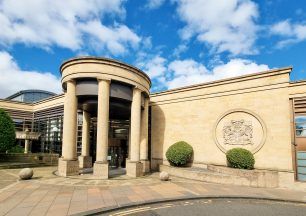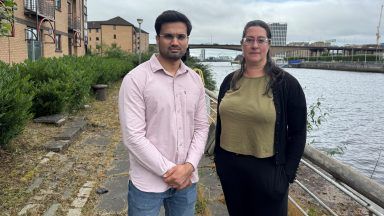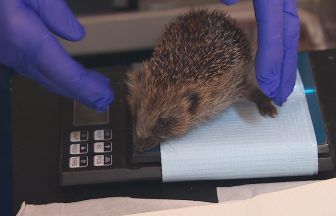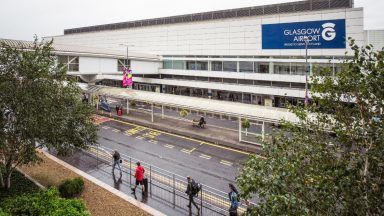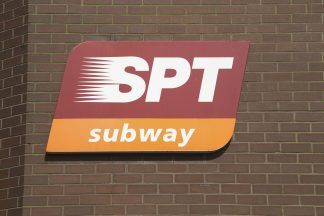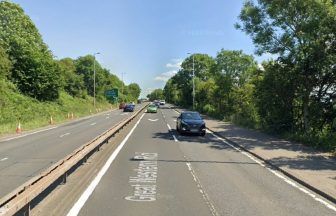A formal consultation on introducing a tourist tax in Glasgow has opened.
Glaswegians are being asked for their views on the plans, which would see tourists and other visitors pay an additional 5% on the price of overnight accommodation.
They will also be able to share their views on how cash raised by the levy should be spent.
An informal consultation has already been conducted on the levy, with stakeholders from the city’s hotel and hospitality trade asking for their views.
A final decision will be taken by councillors later this year.
Glasgow’s proposal is for a 5% levy on the cost of overnight accommodation, such as hotel rooms. Working with the trade, it is suggested 1.5% of the amount collected by operators is returned to them to cover administrative costs.
Based on the average room rate in Glasgow, this equates to £4.29 per night. Net income is expected to be between £11.2m and £11.4m.
Deputy council leader Cllr Richard Bell said: “We think there is a strong case for a visitor levy – which means people who enjoy what our city has to offer, but who do not pay local taxes, are asked to contribute alongside citizens.
“Many Glaswegians will already be familiar with this sort of charge, which is very common abroad.”
“We know there will be a range of views on the potential introduction of a levy – and, in particular, on how the money raised should be used. That is exactly why consultation is such an important part of this process.
“However, it is also important to recognise that the council has already carried out significant additional engagement with the trade and other stakeholders, which has shaped the current proposals.”
The earliest a levy could be in place is during 2027, with national legislation requiring local authorities to observe an 18-month implementation period.
There are limited exemptions proposed – meaning people using overnight accommodation due to circumstances including homelessness, domestic abuse and claiming asylum would not pay the levy. People receiving specific disability benefits would initially pay the levy, but be reimbursed.
Follow STV News on WhatsApp
Scan the QR code on your mobile device for all the latest news from around the country


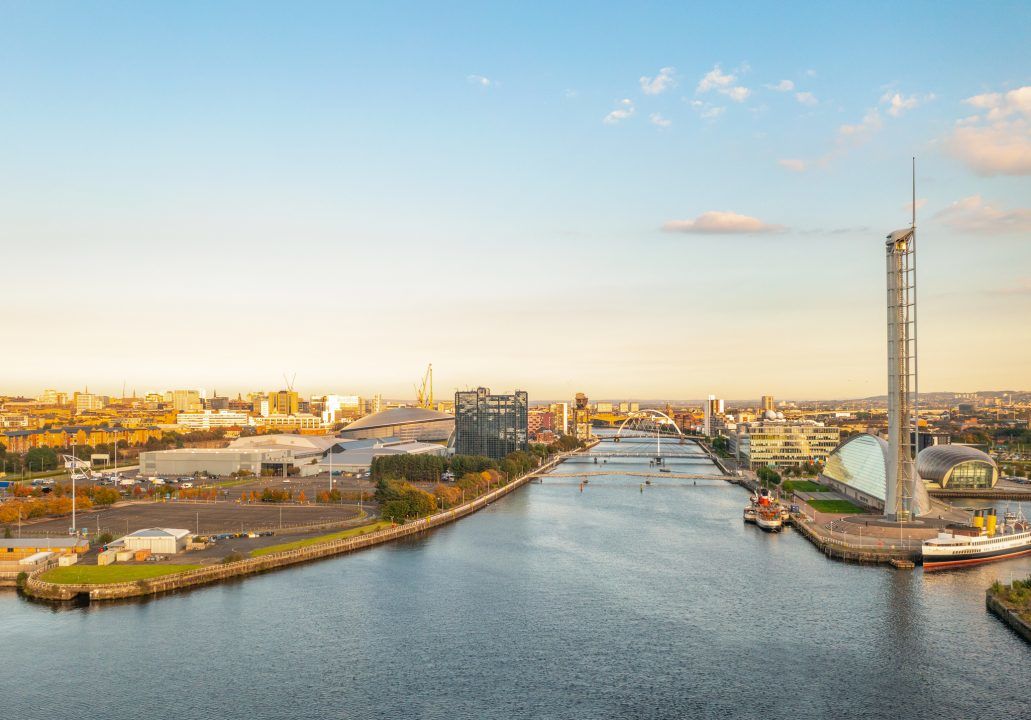 iStock
iStock